In a 2022 interview with People, Matthew Perry explained why he decided to write his memoir, Friends, Lovers and the Big Terrible Thing. Perry said, “I say in the book that if I did die, it would shock people but it wouldn’t surprise anybody. That’s what I’m doing with writing this book. That’s why I wanted to do it.”
Perry is famous for his role as Chandler Bing in the hit TV series, “Friends” but as a person, he struggled with drug and alcohol addiction and that part of his life influenced his decision to write a memoir and even open a sober living facility called “The Perry House” from 2013 to 2015.
Perry died at the age of 54 on Oct. 28 and his funeral took place on Nov. 3 at Forest Lawn Memorial Park Cemetery. Fans of Perry mourn the loss of the “Friends” actor which raises the broader question: what impacts do celebrities have on fans? How do people mourn and what are the impact of these celebrities after they are no longer with us?
Junior Henry Joliet reflected on Perry’s acting career and its effect on viewers.
“I think he was the driving character in that show just because of how omnipresent he was in the series and how crucial he was to the show and he developed his own brand of sarcasm,” he said. “That same brand of sarcasm has been used in my family for many years now and it’s one of my favorite parts of the show.”
Sandra Gardner, IB Psychology and Psychology teacher, shared a similar sentiment on Perry’s talent.
She said, “He (was) so funny, and I don’t think people appreciate how hard it is to be that funny and to create comedy in such a way where you’re creating how other people are going to do comedy. And he always talked about Michael J. Fox being his idol and how he did comedy but (Perry) was also just very inventive with how he did it.”
On the other hand, junior Paulina Arana said Perry accomplished a lot for other people and should be remembered for that as well.
“I think also because he was a drug addict and he did eventually get sober and in his book he literally says that he just wants to be remembered not only from “Friends” but also from all the things he did to help other people. And I think that’s something really important (to note) that he tried his best to just become a better version of himself and then help other people do that as well,” she said.
On Nov. 3, The National Philanthropic Trust created the Matthew Perry Foundation in the late actor’s name to pay homage to his impact and continue his work to help other people struggling with addiction.
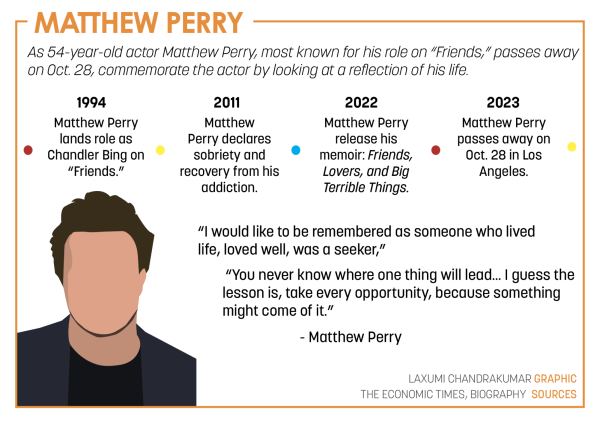
For Arana, she said she found out about Perry’s death in the exact same way she found out that Queen Elizabeth ll died a year ago. She was at a birthday party and her friend received the news on her apple watch which Arana said was shocking in two ways. One, that the same situation happened twice, and two, that Perry died and it wasn’t just some celebrity from her parents’ time.
She said, “I think it’s waking us up to the idea that now so many more celebrities we know are probably going to start dying. For me it was like, ‘Oh, there’s going to be a day where Taylor Swift dies or someone like that dies.’ It’s not (going to be) someone our parents know and love, it’s someone who we know and love.”
This trend will make grief for parasocial relationships a very real thing for younger generations but why do we feel grief for someone we never actually knew? Gardner attributes it to our need to create social connections.
“I think it’s interesting because when you talk about parasocial relationships, you can have two sides to it. One, you’ve watched a show (so much) that you’ve become so invested in the characters that it’s almost like the character dies as well,” she said. “But, there’s also people that are out there that are alone, and TV is a social connection; as humans we are socially bonded, it’s a part of how we survive. Some people don’t have a social network so they (could be) reacting to the actor’s death because that was their social connection.”
Specifically in terms of how to grieve a celebrity you didn’t personally know, Arana said it’s a balance.
“I wouldn’t say you should be bawling your eyes out, depressed for days, I think that’s a little overboard especially if they weren’t in your life. But I think talking about it is a good way to grieve, I think something inappropriate is laughing about it or making jokes about it, that can be a little overboard too.”
Looking towards the future, Gardner said social media could have an impact on reactions to celebrity death.
“The human experience with death is common, our ability to process that is the same no matter what generation you’re in. I do think with social media, there’s more availability to celebrities and what they do because not only do you see them in a movie or on TV but they’re also on Instagram,” she said. “So I think (people might) have more of a connection with celebrities and maybe that will create a different response to a certain celebrity dying.
“I think that’s necessary in terms of being able to process grief in the right way (even though) it might be more intense because they have that (additional) social connection through social media. But I don’t think that’s a bad thing, kids in your generation need to have some challenges and resistance in order to be resilient,” Gardner said.


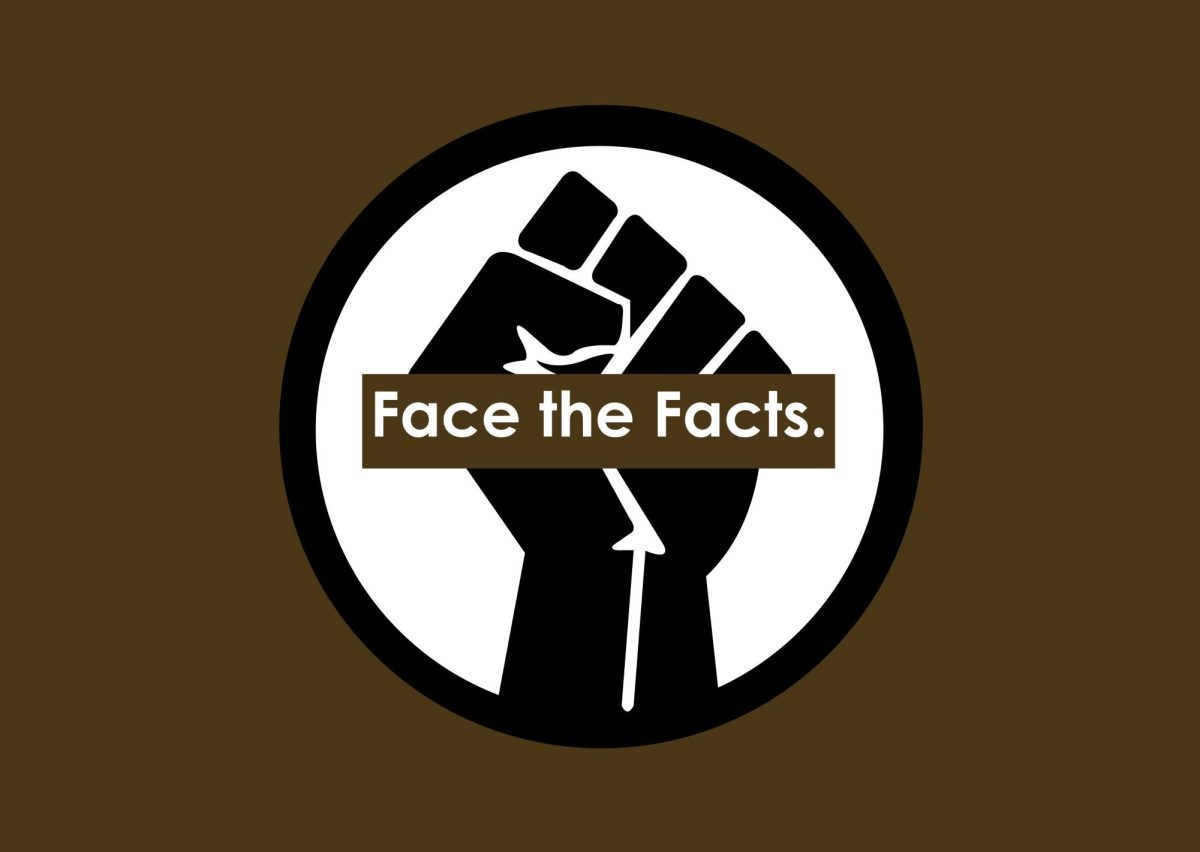








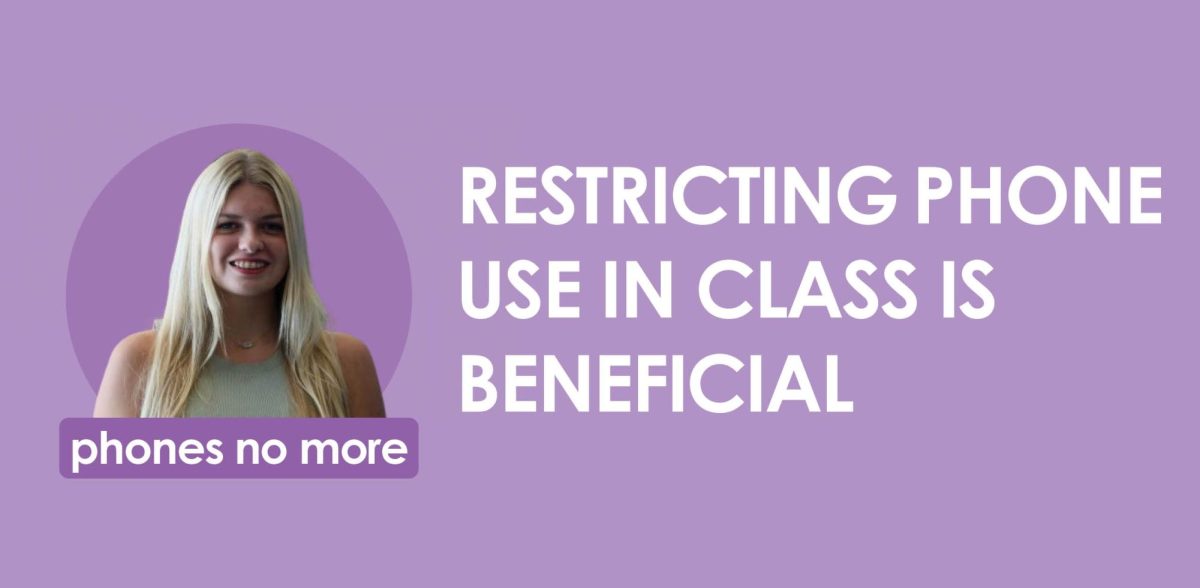
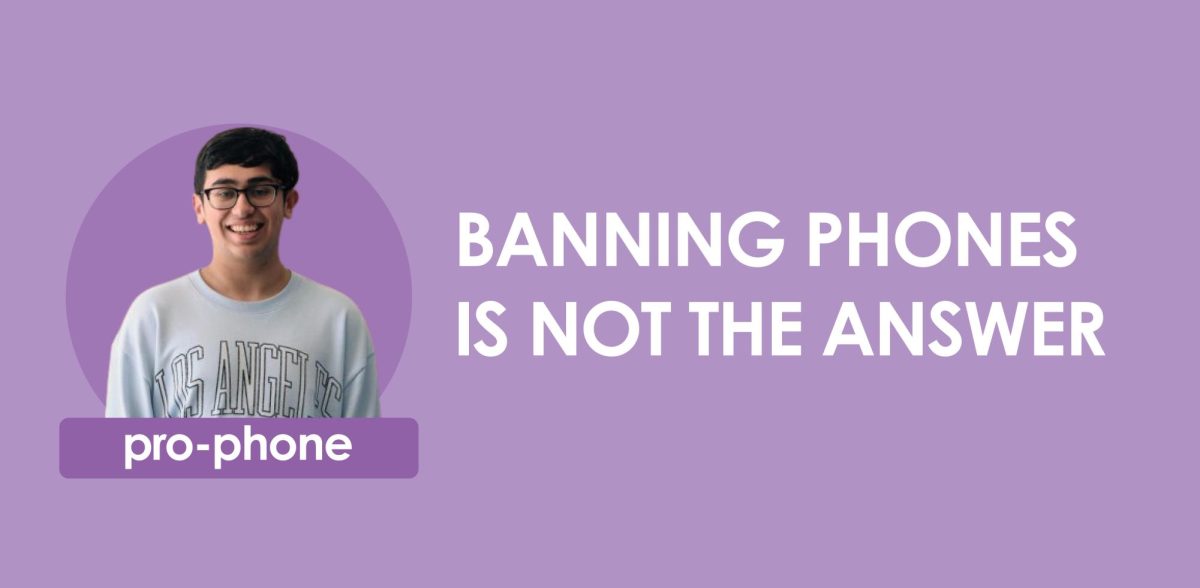
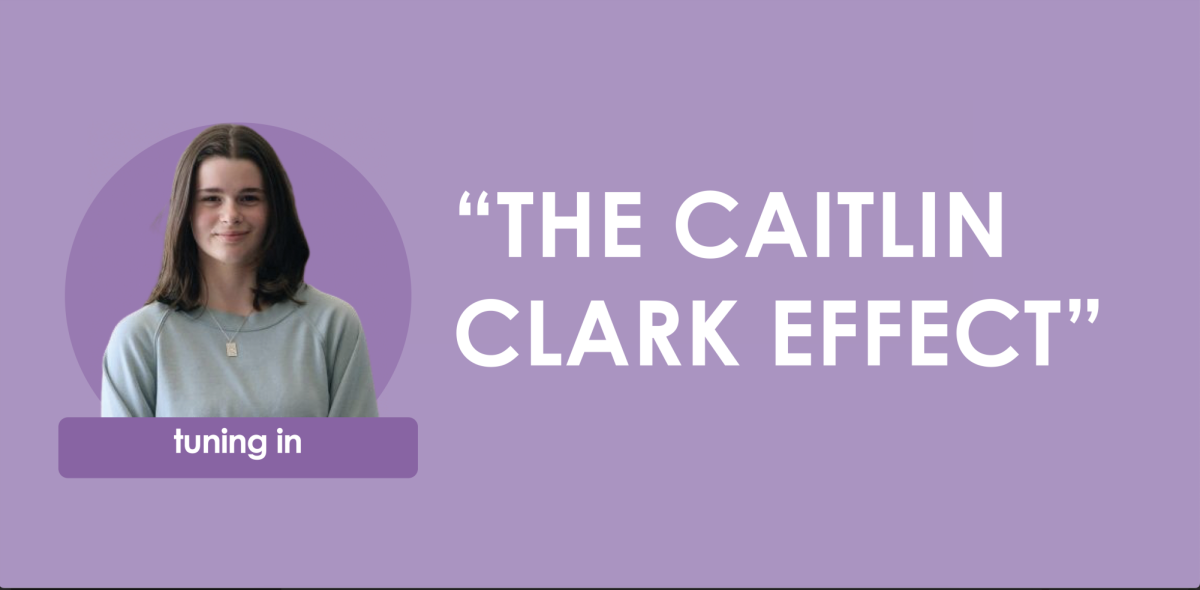

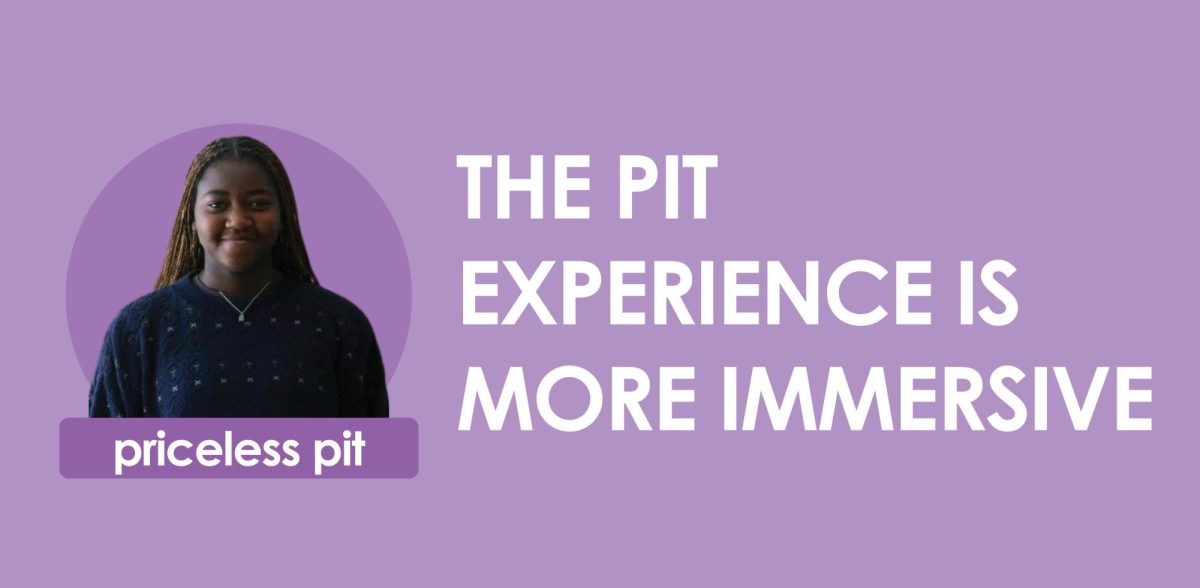
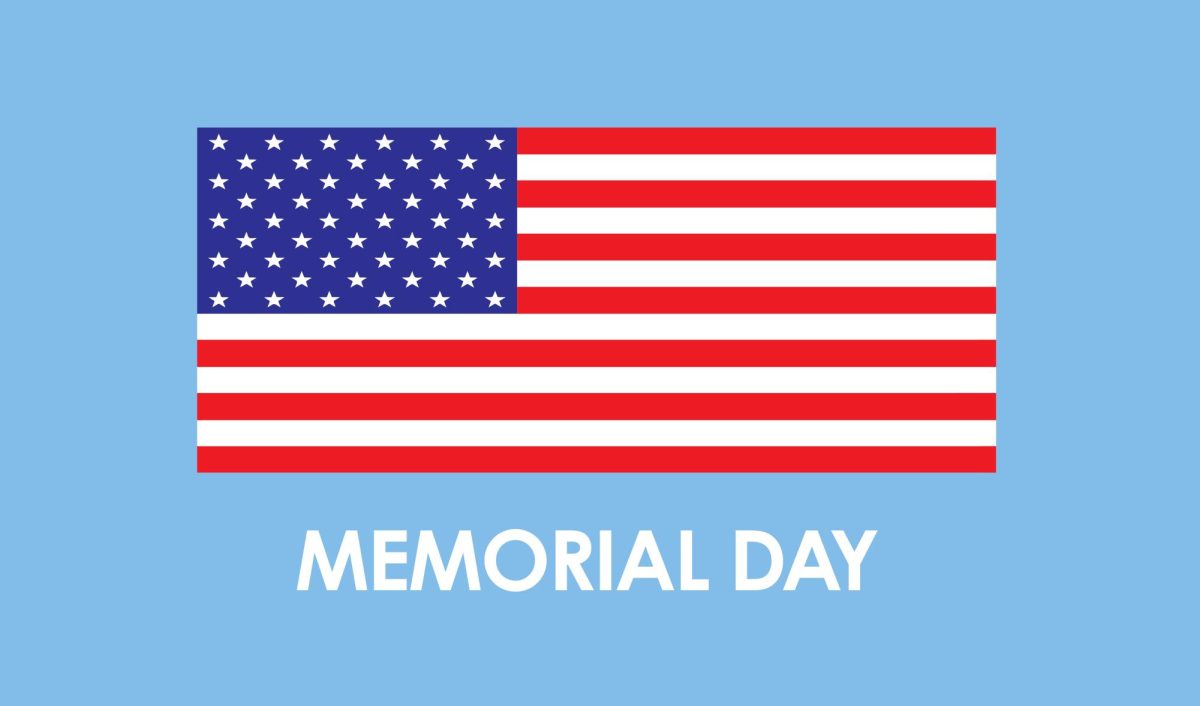




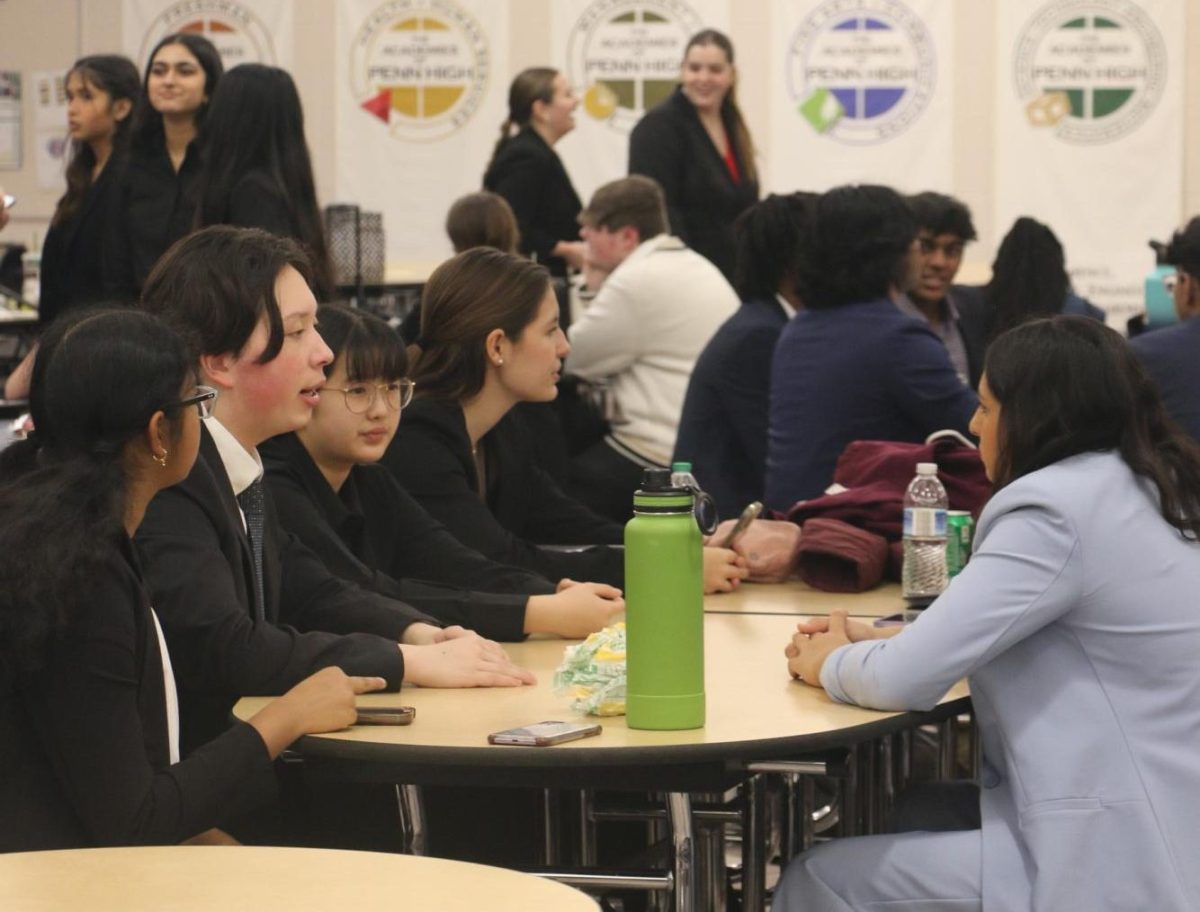
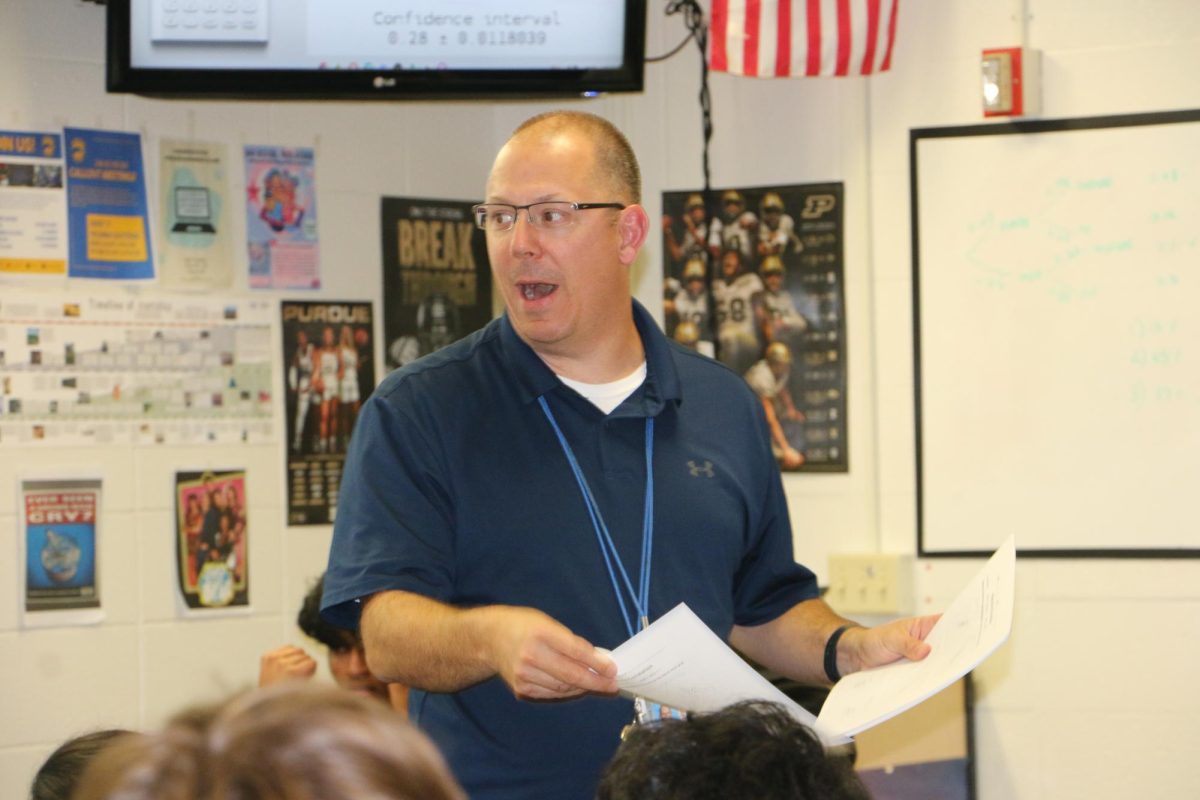








![Family vlogger controversy, need for content reform [opinion]](https://hilite.org/wp-content/uploads/2024/05/Screenshot-2024-05-14-11.33.37-AM-1200x465.png)
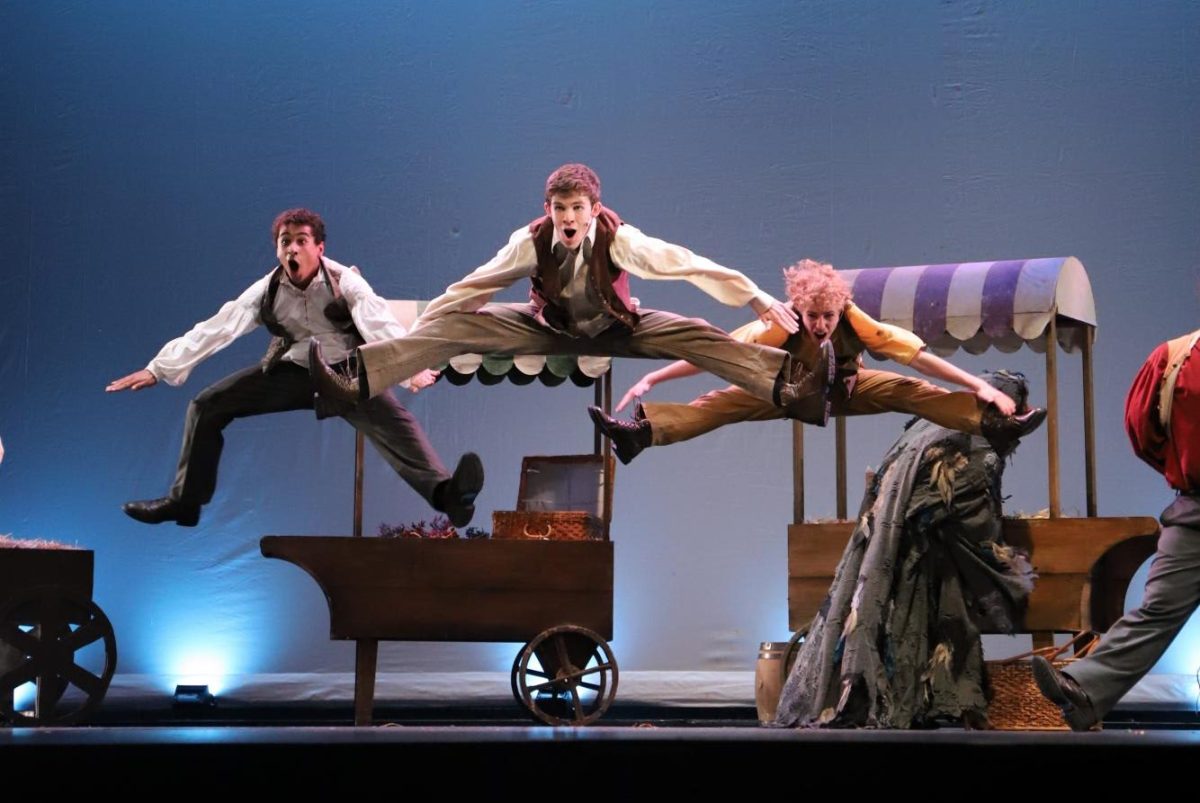


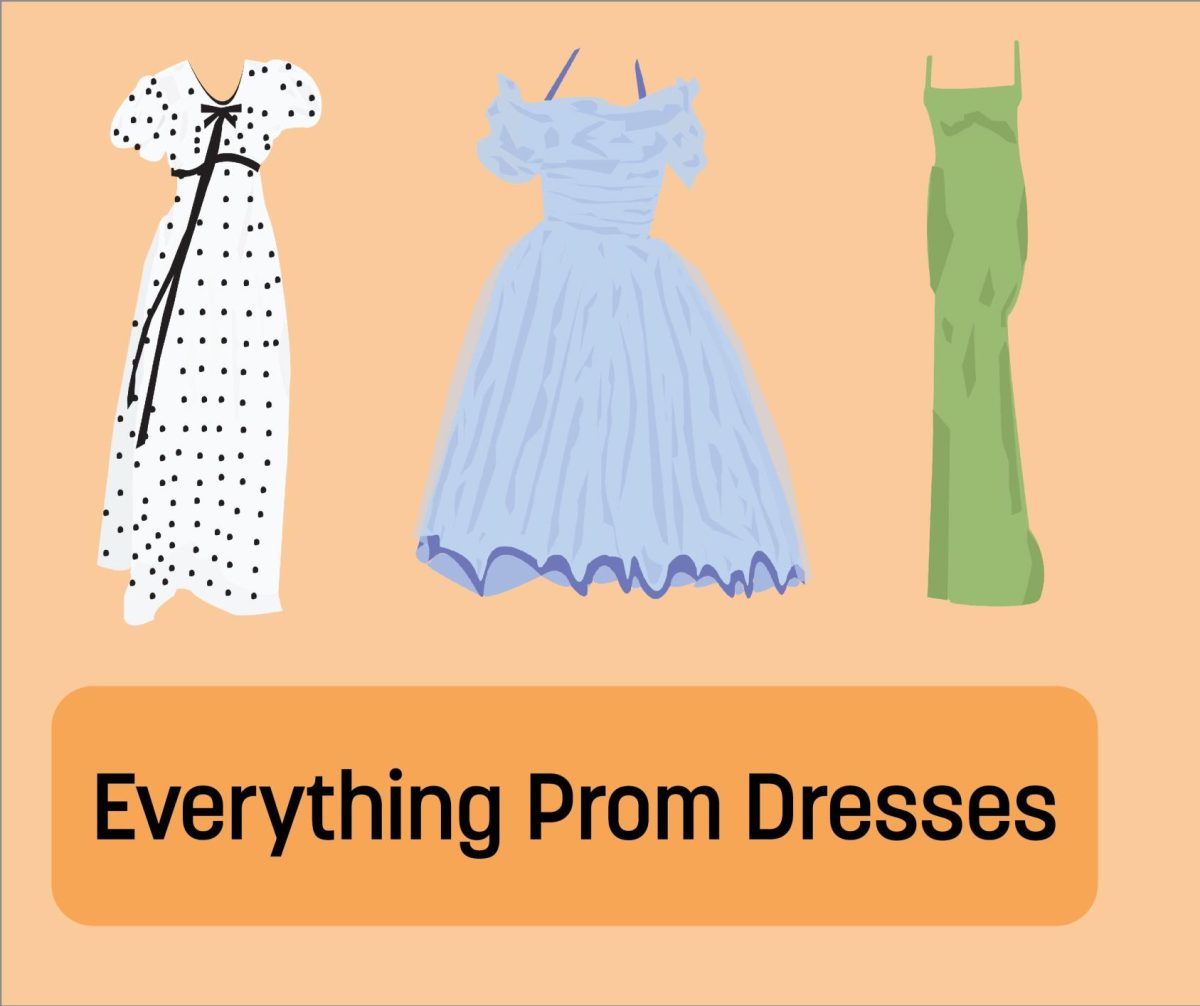

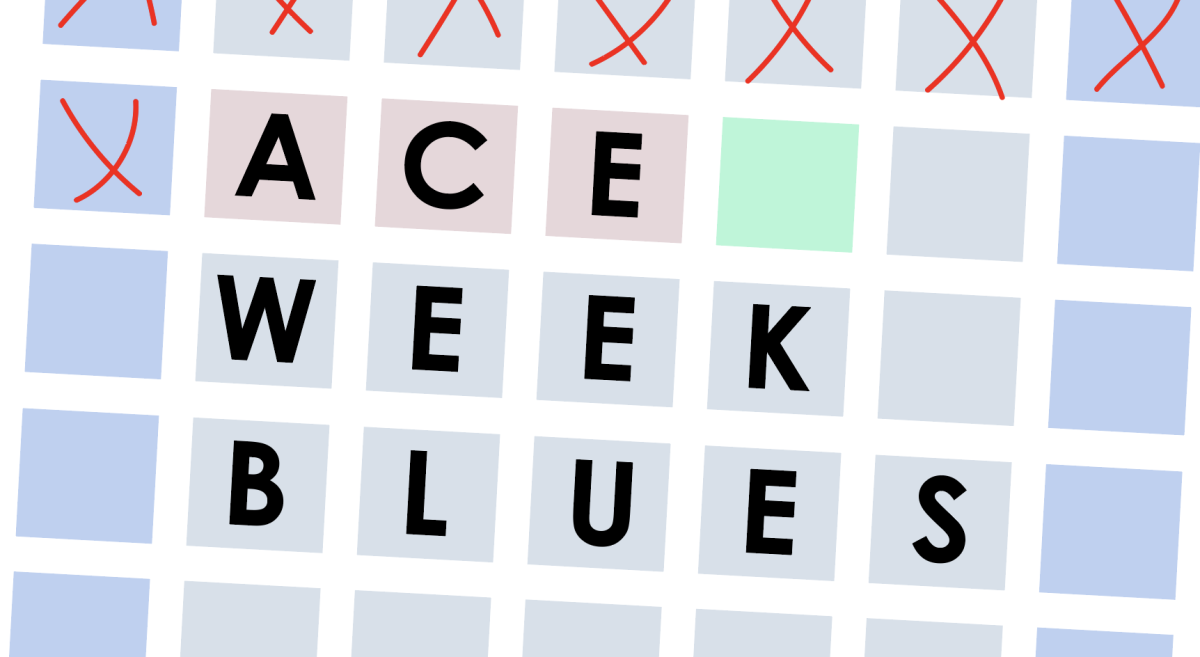
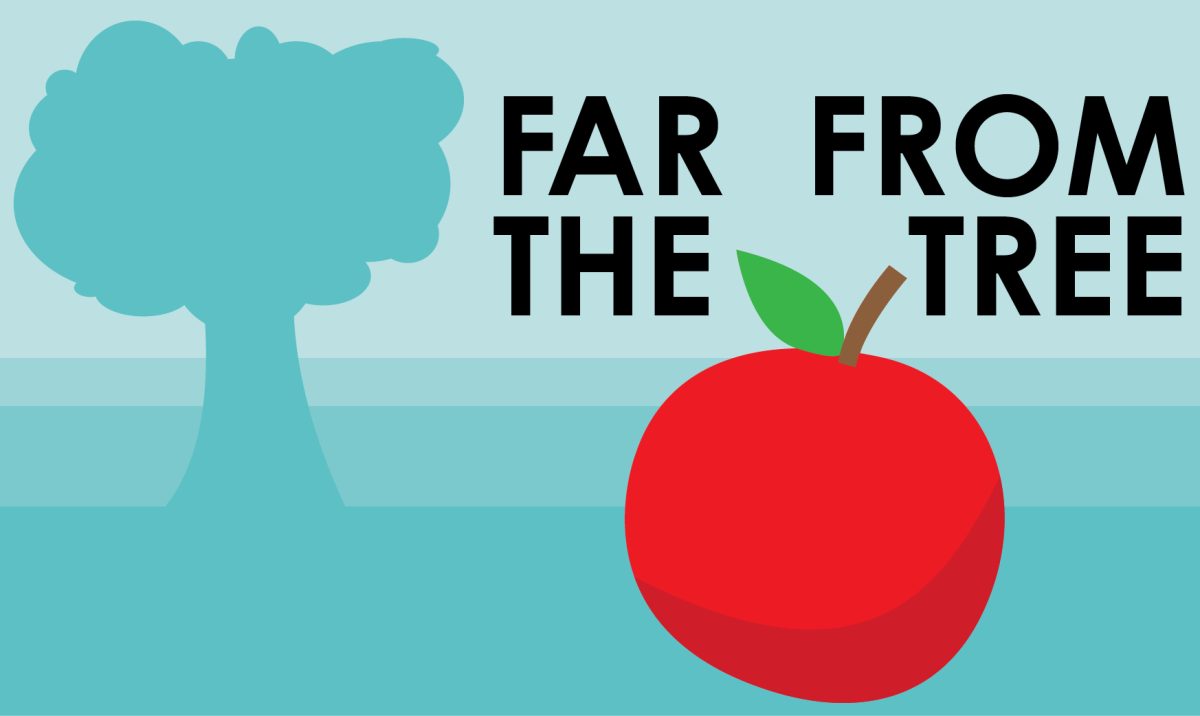
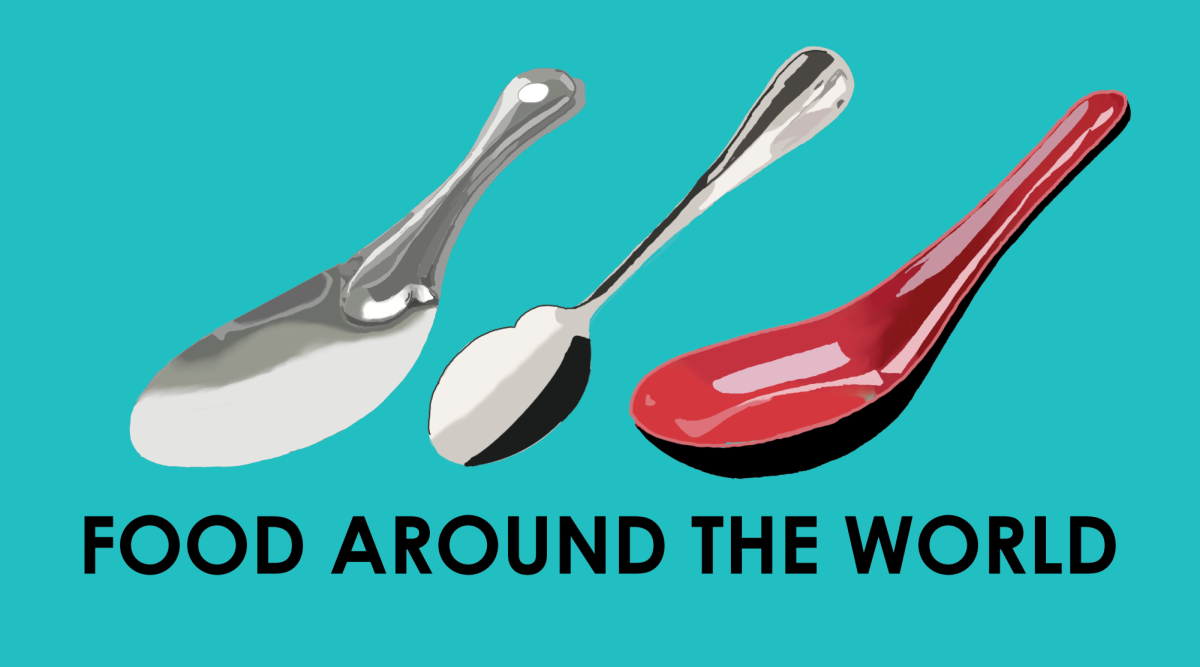






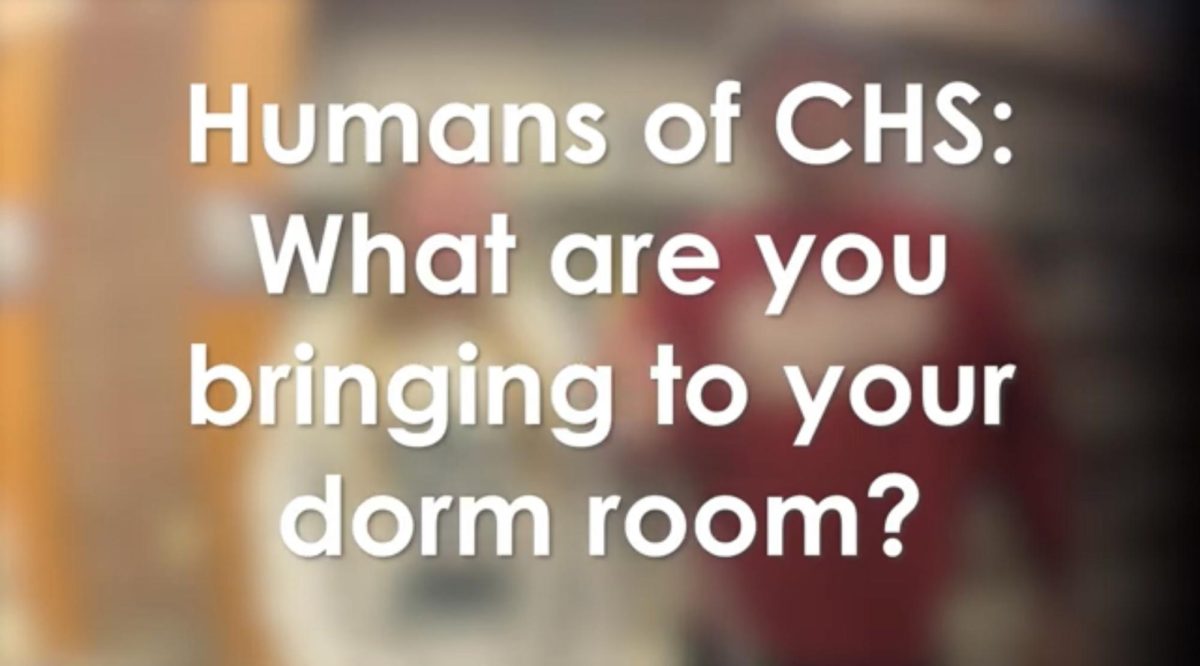









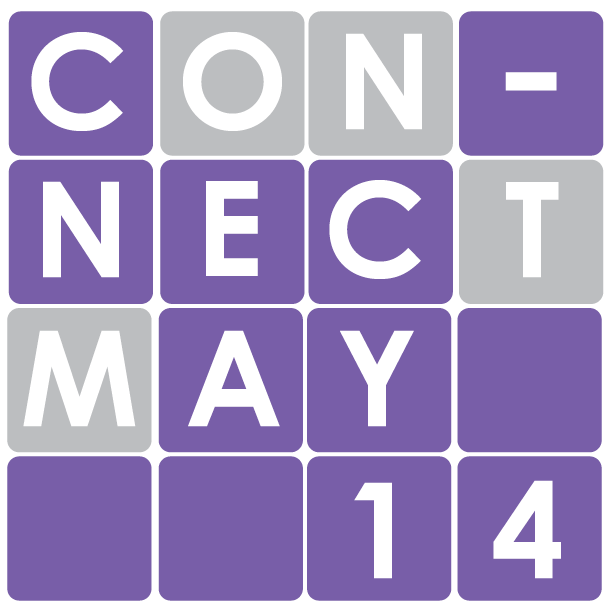
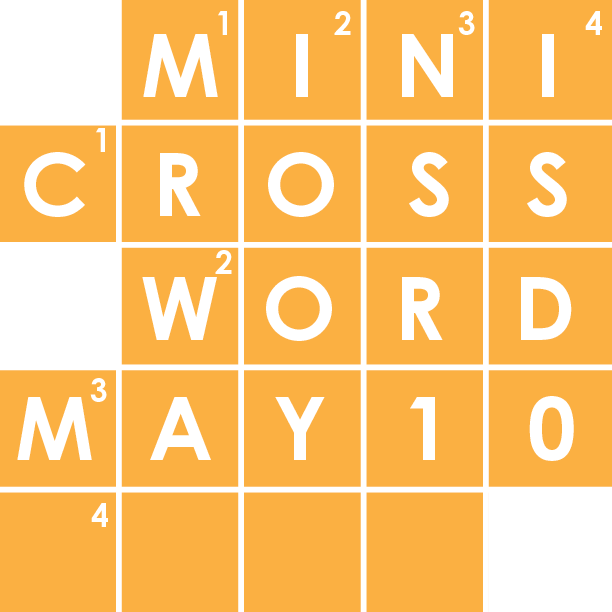
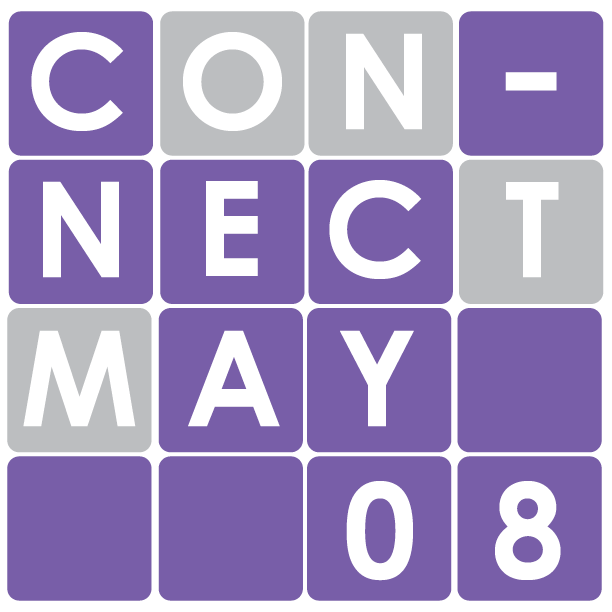
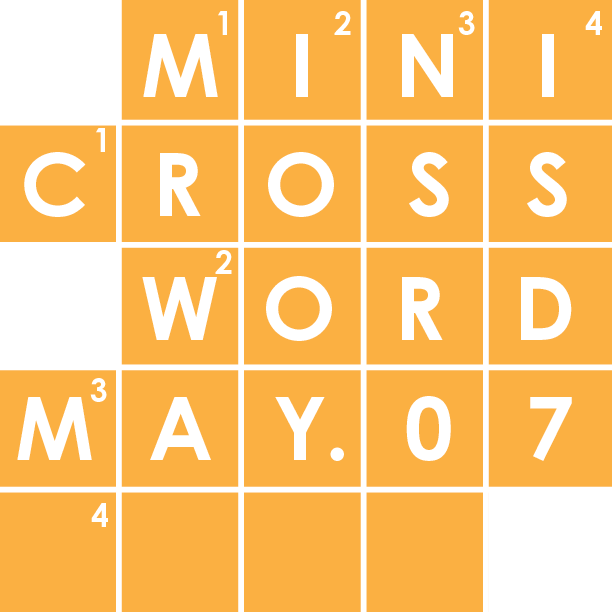
![Review: Taylor Swift’s new album The Tortured Poets Department is not her best work but is still a brilliant album [MUSE]](https://hilite.org/wp-content/uploads/2024/05/The-Anthology_Cover-1200x675.webp)
![Review: Challengers does it all [MUSE]](https://hilite.org/wp-content/uploads/2024/05/challengers-poster-1200x600.png)
![Review: A House of Flame and Shadow by Sarah J. Maas was a disappointing read [MUSE]](https://hilite.org/wp-content/uploads/2024/05/house-of-flame-and-shadow-feature.png)
![Review: Conan Gray’s new album, “Found Heaven”, is a refreshing twist on modern music [MUSE]](https://hilite.org/wp-content/uploads/2024/05/Screenshot-2023-10-31-at-16.01.05.webp)
![Review: “Bodies, Bodies, Bodies” is the quintessential Gen-Z movie [MUSE]](https://hilite.org/wp-content/uploads/2024/05/Screenshot-2024-05-15-140618.png)
![Review in Print: Maripaz Villar brings a delightfully unique style to the world of WEBTOON [MUSE]](https://hilite.org/wp-content/uploads/2023/12/maripazcover-1200x960.jpg)
![Review: “The Sword of Kaigen” is a masterpiece [MUSE]](https://hilite.org/wp-content/uploads/2023/11/Screenshot-2023-11-26-201051.png)
![Review: Gateron Oil Kings, great linear switches, okay price [MUSE]](https://hilite.org/wp-content/uploads/2023/11/Screenshot-2023-11-26-200553.png)
![Review: “A Haunting in Venice” is a significant improvement from other Agatha Christie adaptations [MUSE]](https://hilite.org/wp-content/uploads/2023/11/e7ee2938a6d422669771bce6d8088521.jpg)
![Review: A Thanksgiving story from elementary school, still just as interesting [MUSE]](https://hilite.org/wp-content/uploads/2023/11/Screenshot-2023-11-26-195514-987x1200.png)
![Review: When I Fly Towards You, cute, uplifting youth drama [MUSE]](https://hilite.org/wp-content/uploads/2023/09/When-I-Fly-Towards-You-Chinese-drama.png)
![Postcards from Muse: Hawaii Travel Diary [MUSE]](https://hilite.org/wp-content/uploads/2023/09/My-project-1-1200x1200.jpg)
![Review: Ladybug & Cat Noir: The Movie, departure from original show [MUSE]](https://hilite.org/wp-content/uploads/2023/09/Ladybug__Cat_Noir_-_The_Movie_poster.jpg)
![Review in Print: Hidden Love is the cute, uplifting drama everyone needs [MUSE]](https://hilite.org/wp-content/uploads/2023/09/hiddenlovecover-e1693597208225-1030x1200.png)
![Review in Print: Heartstopper is the heartwarming queer romance we all need [MUSE]](https://hilite.org/wp-content/uploads/2023/08/museheartstoppercover-1200x654.png)











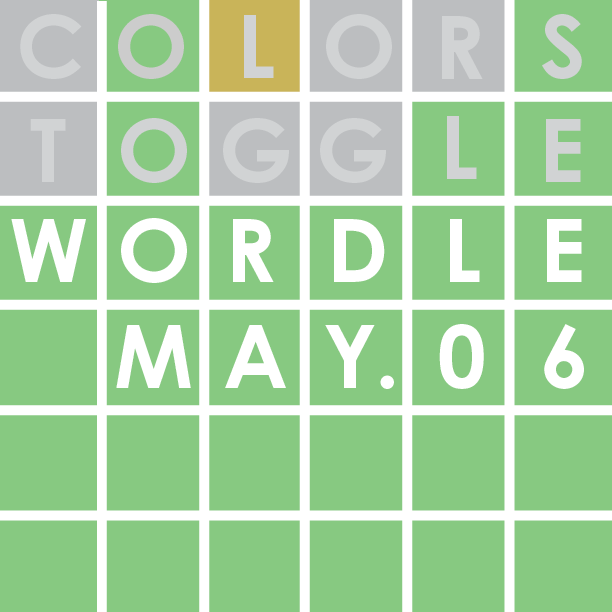

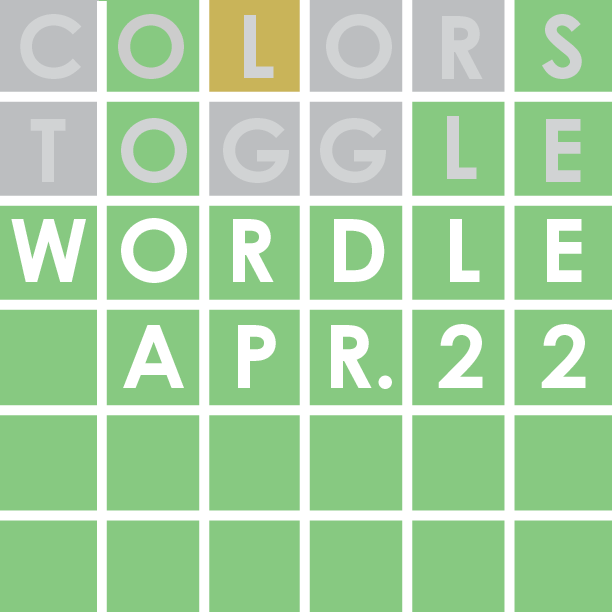

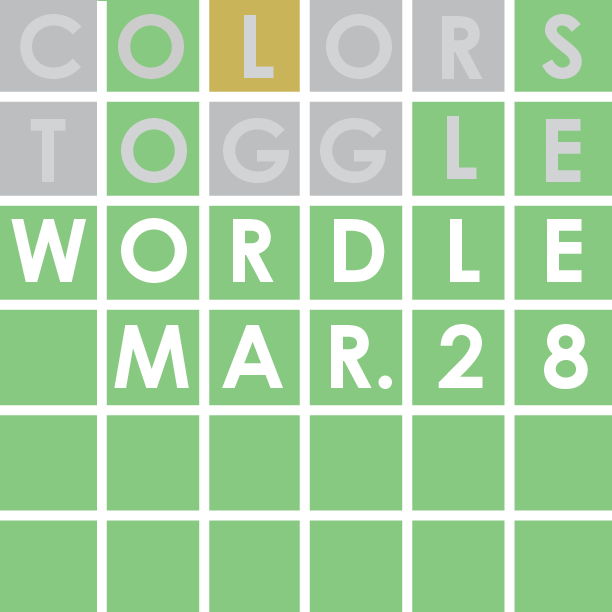






![Review: “Ginny & Georgia” is a dramatic and poorly made emotional rollercoaster–and I loved it anyway [MUSE]](https://hilite.org/wp-content/uploads/2024/03/ginny-and-georgia-season2-main-be37bbb9487a41e88b3f66c3baacd5c3-300x177.jpg)
![Review: Witch Hat Atelier is a masterpiece in art and world-building, but the story has only begun [MUSE]](https://hilite.org/wp-content/uploads/2024/01/unnamed-211x300.png)
![Review: “Mysterious Lotus Casebook” is an amazing historical Chinese drama [MUSE]](https://hilite.org/wp-content/uploads/2024/03/0-300x170.webp)
![Review: “A Little Life” by Hanya Yanagihara is the epitome of a heartwrenching masterpiece [MUSE]](https://hilite.org/wp-content/uploads/2024/01/unnamed-5-300x200.png)



